Marxism as ‘Organized Sarcasm’
Salvage

Saying Marxism is a science is preface. Add organized sarcasm and we come closer to mocking not so much intimate feelings associated with worldly illusions but their form in a particular perishable world. It aims to give new form to certain aspirations, the better to regenerate them. Yet if Marxist movements are to be effective, they must create new tastes and a new language for struggles to be born. Sarcasm then is about what outrages our sense of what should be.



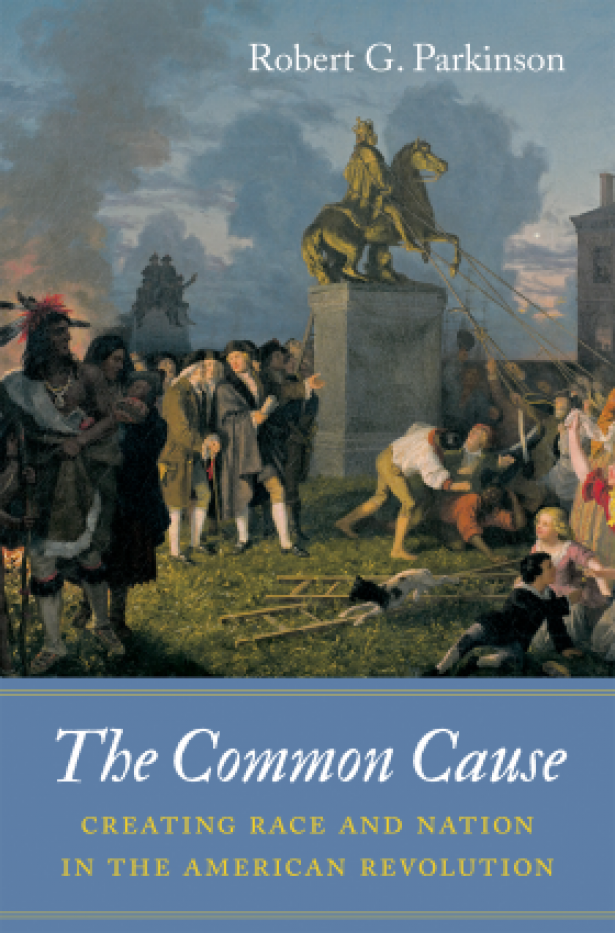

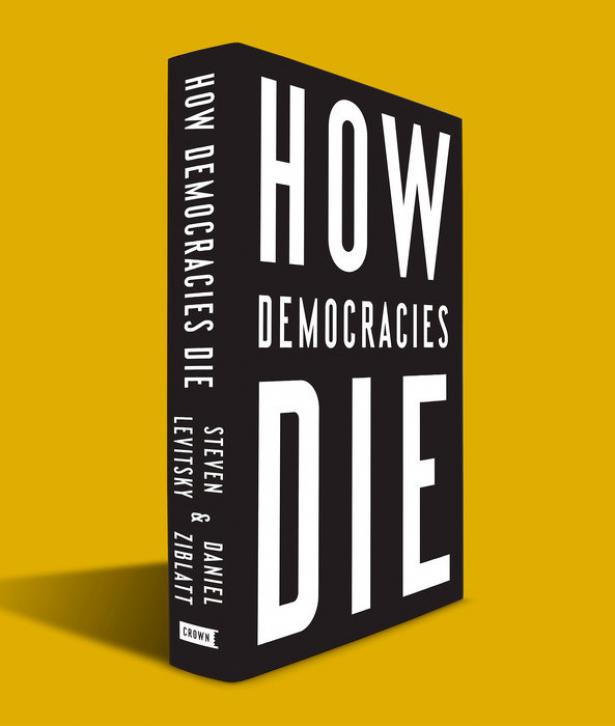

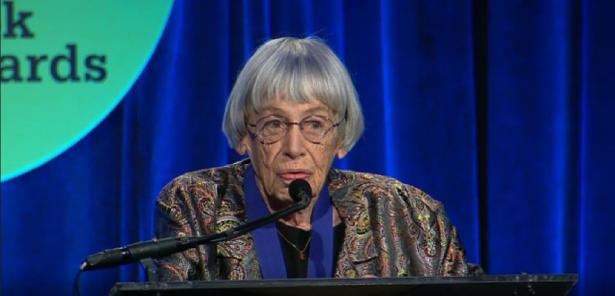
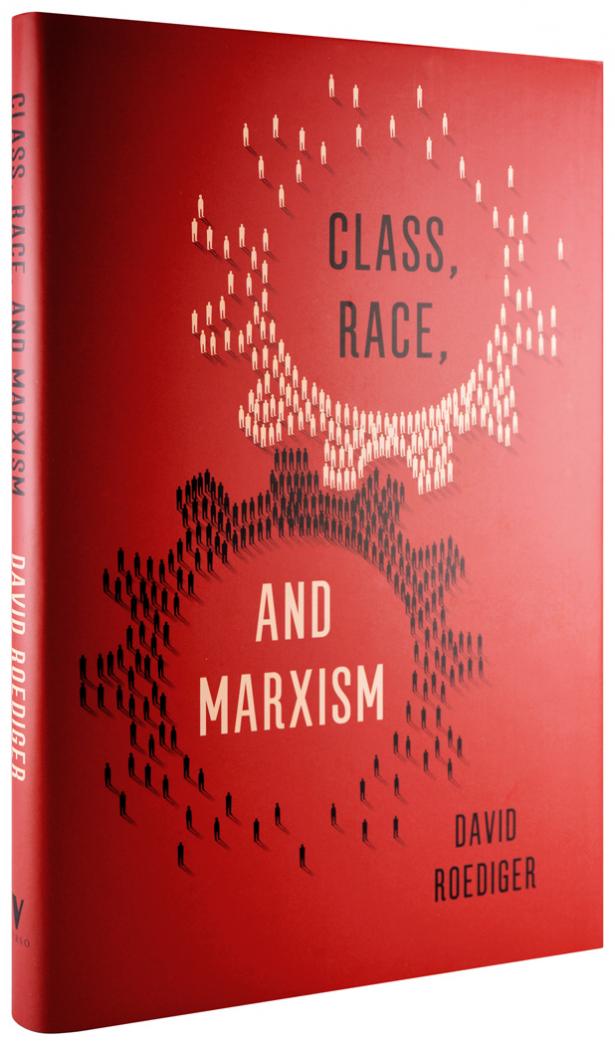
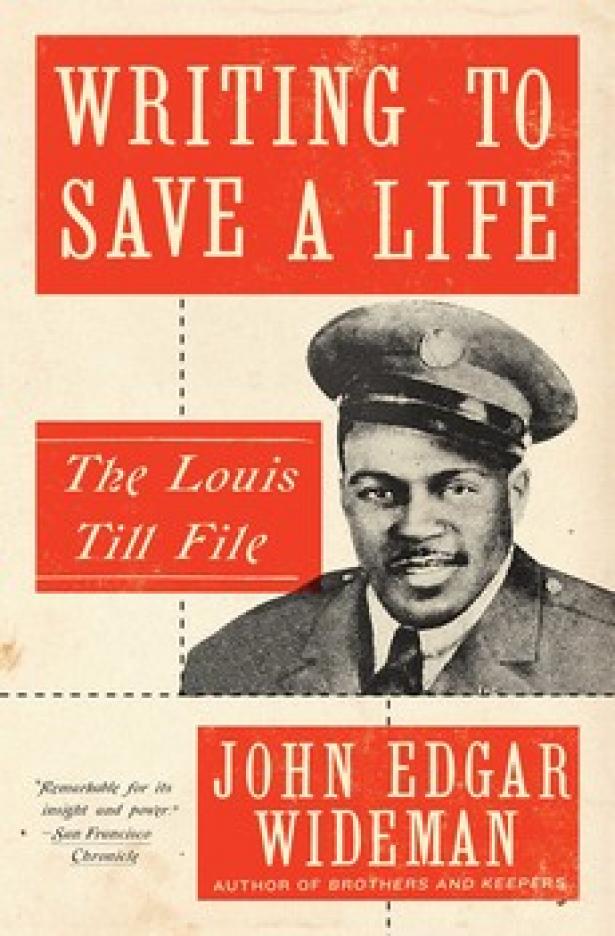
Spread the word